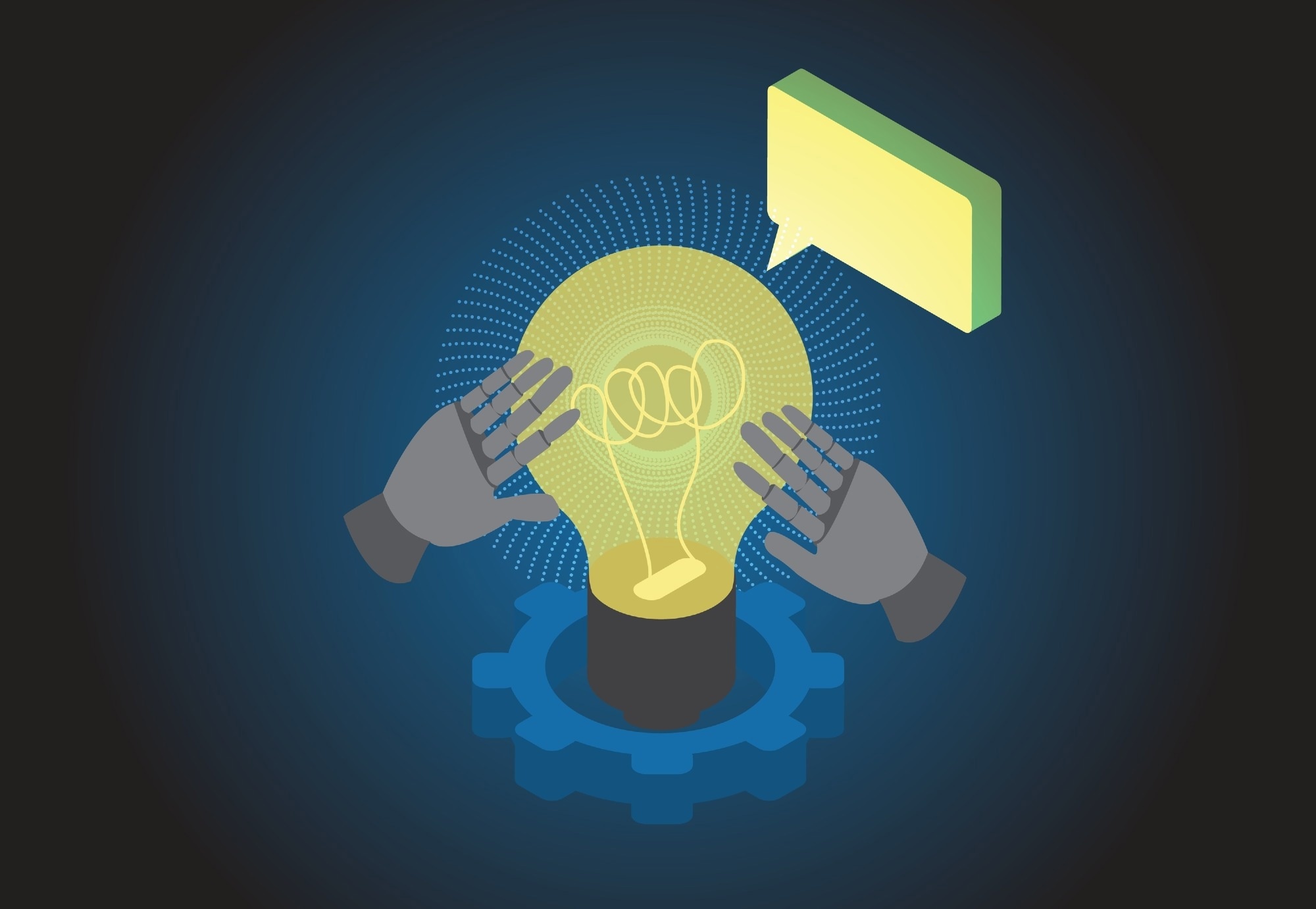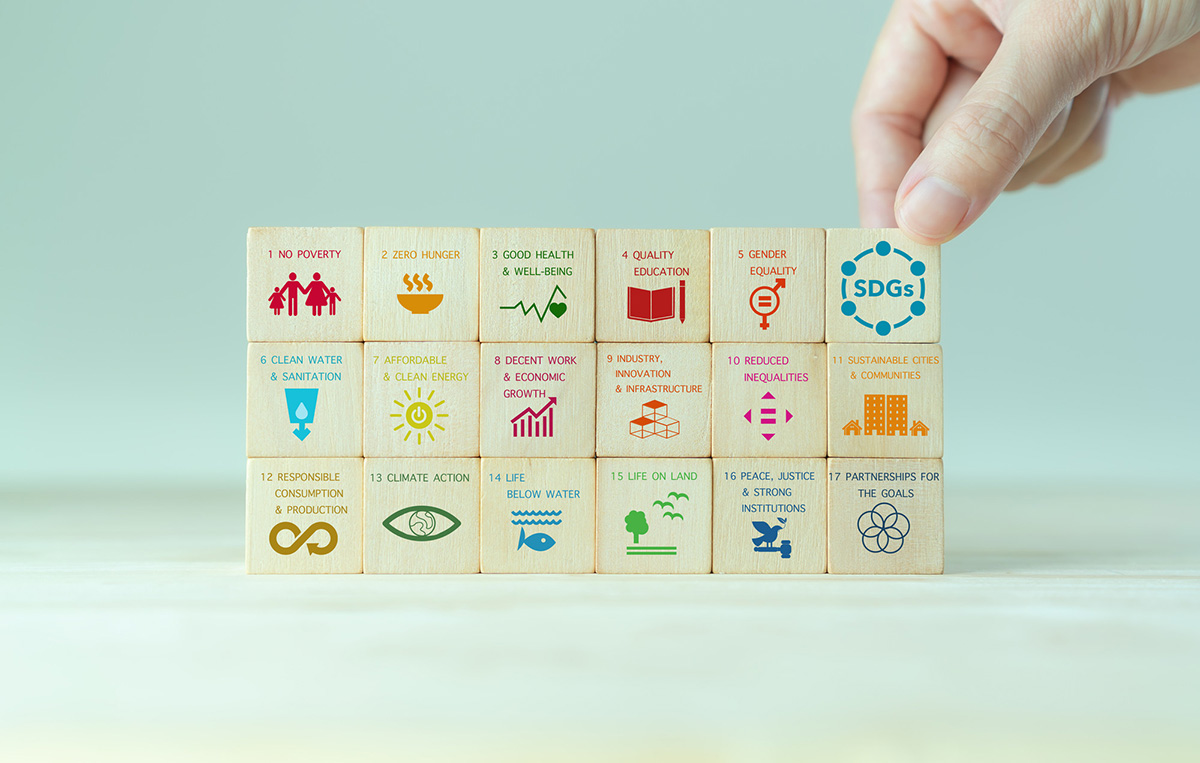In an article published in the journal Science of The Total Environment, scientists discussed the utility of an artificial intelligence (AI) large language model, ChatGPT (Generative Pre-trained Transformer), in biology and environmental science. Additionally, they discussed potential risks and harmful consequences associated with its use.
ChatGPT is an advanced large language model that has been trained with reinforcement learning from human feedback. The latest version of this model, ChatGPT-4, can analyze images and connect that information with text messages.
Application of ChatGPT in biology and environmental science
ChatGPT provides a wide range of benefits that can impact many aspects of biology and environmental science, including education, research, scientific publishing, outreach, and societal translation.
ChatGPT has access to a large amount of information that can be shared with individuals and organizations to improve knowledge acquisition. The model can support research activities by helping researchers identify scientific patterns and generate new hypotheses. Moreover, it can help researchers determine potential environmental risk factors that can adversely affect health status.
ChatGPT can be used to increase public awareness about environmental hazards, including climate change, pollution, natural calamities, land use, and loss of biodiversity. By analyzing a large pool of information, this AI model can provide valuable insights and recommendations for policy changes.
Another potential application of ChatGPT is to translate complex scientific concepts into language that can be easily understood by non-experts. Similarly, it can improve communications between researchers, students, and policymakers in biology and environmental science.
ChatGPT can support scientific publishing by conducting literature reviews, summarizing research papers, identifying potential errors and inconsistencies in manuscripts, generating text descriptions of scientific tables and figures, improving clarity and readability of scientific content, promoting interdisciplinary collaborations, translating scientific papers into multiple languages, generating open access publications, and streamlining peer-review process.
ChatGPT can be used to analyze complex datasets, integrate different types of biological data, and create predictive models. ChatGPT can also validate these predictive models by generating virtual experiments through the simulation of different conditions and outcomes in silico.
ChatGPT can be used for structural and functional analysis of chemical compounds to facilitate drug discovery and safety profiling. By analyzing large datasets of patient information, ChatGPT can support the development of personalized medicines.
In genomic studies, ChatGPT plays a significant role by analyzing large amounts of genetic data produced by DNA sequencing experiments. Such analysis subsequently helps researchers identify complex genetic patterns and anomalies.
Role of ChatGPT in meeting the United Nations (UN.) Sustainable Development Goals (SDGs)
ChatGPT can be used in various ways to meet the UN SDGs, including good health and well-being, quality education, affordable and clean energy, sustainable cities and communities, climate action, peace, justice, and strong institutions.
ChatGPT can analyze large amounts of clinical data and medical literature to facilitate disease diagnosis and treatment, which is needed for health and well-being. In addition, the model can improve education quality by analyzing data on student performance and developing personalized learning strategies.
ChatGPT can help develop and apply sustainable energy solutions by analyzing energy consumption and production data. Similarly, by analyzing transportation systems, traffic flow, energy use, and waste management, ChatGPT can help plan sustainable cities and communities.
ChatGPT can help in climate change research by analyzing weather patterns, carbon emissions, and environmental impacts. Similarly, by analyzing wind and solar energy potential, the model can help develop renewable energy approaches.
ChatGPT can analyze legal data to identify areas where reforms are needed and possible. This subsequently can support the development of more effective and efficient justice systems to combat crimes and corruption, especially for underprivileged communities.
Potential disadvantages of applying ChatGPT in scientific research and publishing
ChatGPT-derived information can have potential biases if the model is not trained by diverse and representative datasets. This can further potentiate existing biases in scientific research and strengthen inequities in the field.
Despite advanced technologies, ChatGPT can generate false information. Thus, ChatGPT-derived content should be thoroughly reviewed by experts to prevent inaccuracies in scientific publications.
The application of ChatGPT in scientific publishing raises ethical concerns about intellectual property, authorship, and plagiarism. Because of its resemblance with human writing, ChatGPT-derived content can be used to produce fraudulent scientific publications.
Excessive reliance on ChatGPT for writing can reduce the ability and skill of researchers and students to communicate their ideas effectively in writing.
Citations
Please use one of the following formats to cite this article in your essay, paper or report:
-
APA
Dutta, Sanchari Sinha. (2023, May 17). What does ChatGPT mean for biology and the environment?. News-Medical. Retrieved on May 17, 2023 from https://www.news-medical.net/news/20230517/What-does-ChatGPT-mean-for-biology-and-the-environment.aspx.
-
MLA
Dutta, Sanchari Sinha. “What does ChatGPT mean for biology and the environment?”. News-Medical. 17 May 2023. <https://www.news-medical.net/news/20230517/What-does-ChatGPT-mean-for-biology-and-the-environment.aspx>.
-
Chicago
Dutta, Sanchari Sinha. “What does ChatGPT mean for biology and the environment?”. News-Medical. https://www.news-medical.net/news/20230517/What-does-ChatGPT-mean-for-biology-and-the-environment.aspx. (accessed May 17, 2023).
-
Harvard
Dutta, Sanchari Sinha. 2023. What does ChatGPT mean for biology and the environment?. News-Medical, viewed 17 May 2023, https://www.news-medical.net/news/20230517/What-does-ChatGPT-mean-for-biology-and-the-environment.aspx.
Credit:Source link



